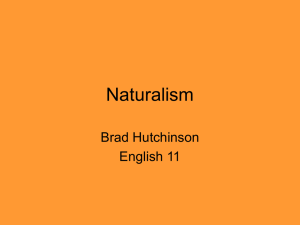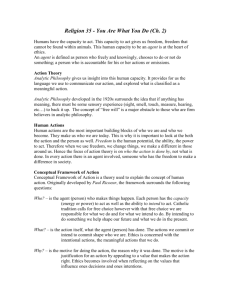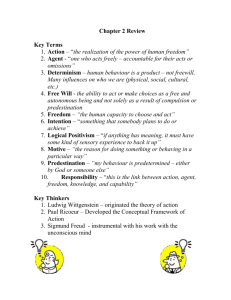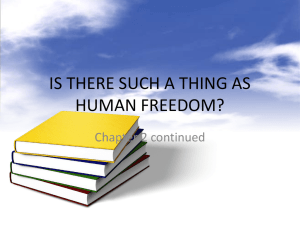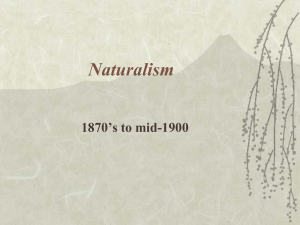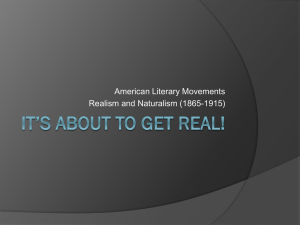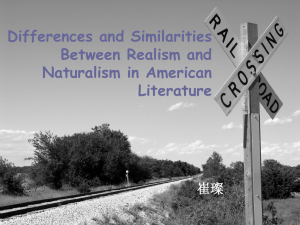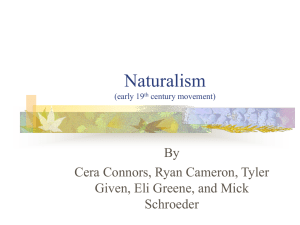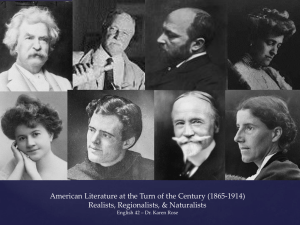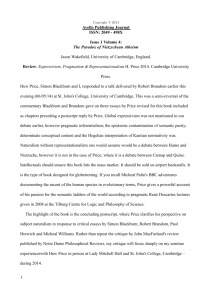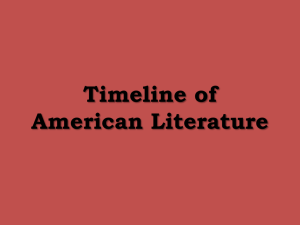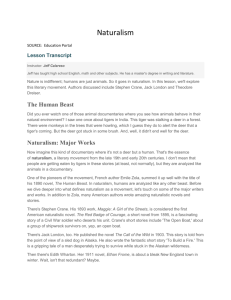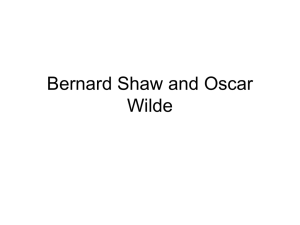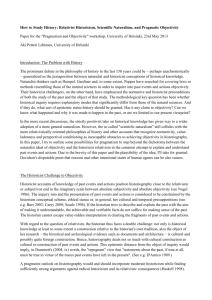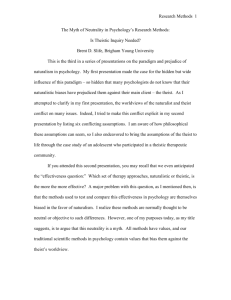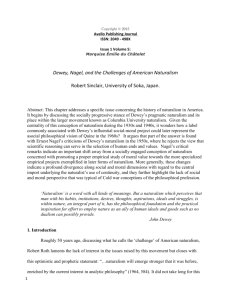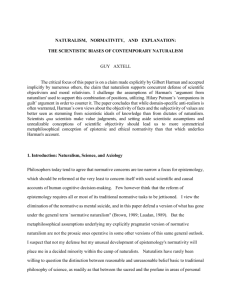nature
advertisement
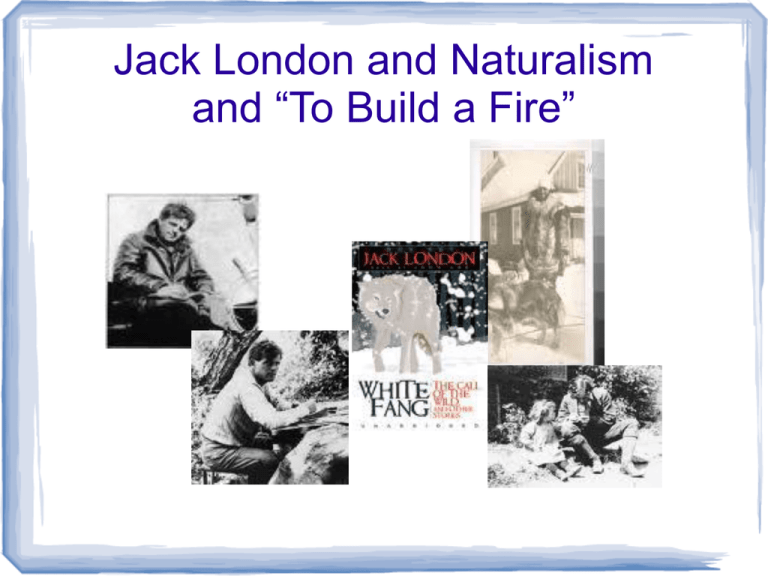
Jack London and Naturalism and “To Build a Fire” Naturalism Application of principles of Scientific determinism To fiction and drama If it's real, it exists in nature Everything that is real Exists in nature Or objects, actions, forces Which have causes explained Through Objective scientific inquiry The naturalistic view of human beings is of animals in the natural world. In London's “To Build a Fire” Look for instances in which the man's descriptions are put in terms that resemble the dog. Realism vs. Naturalism Realism presents the commonplace Naturalism presents elements that can reveal a pattern of ideas The pattern is that of scientific theory Romanticism vs. Naturalism Naturalism finds reality in scientific laws The elements is presents represent that natural “reality” or pattern Romanticism finds reality in transcendent ideas The elements it presents represent that transcendent “reality” or pattern Note the differences: Romanticism acknowledges transcendence. Naturalism limits itself to what is scientifically knowable in nature. Determinism in Naturalism Naturalism presents a reality that is “determined”. Things, people, animals behave according to natural laws that are predictable. Examples Rocks fall because of gravity Animals behave based on instinct People behave based on influential forces NOTE NOT BECAUSE OF FREE WILL OR GOD. Determinism in Naturalism Some of the determining factors that “cause” people to behave in specific ways include Mechanistic determinism (from Newton) Biological determinism (from Darwin) Economic and Social forces (from Marx) Inner and Subconscious forces (from Freud) Social and Environmental Forces (from Comte) What do these “forces” mean for the behavior of people today? We hear of these forces often: A person behaves as he/she does because that race has evolved to behave that way. A person behaves as he/she does because he/she is poor, rich, upper-class, lower-class. A person behaves as he/she does because he/she has repressed social, sexual, anger, or other issues. Those examples are very simplified, but speak somewhat to the “deterministic” way of seeing the world. One believes that behavior is caused by outside forces and there is no transcendent intervention (God, or even the soul or free will) to change that behavior. In this way, the human is like an animal, behaving on instinct and as he/she is bred to behave. Consider London's Naturalism In “To Build a Fire” London presents “the man” Without a name In terms that resemble a dog or animal W/ a muzzle of ice (283) Without imagination (281) As not reflecting on his death in transcendent terms (heaven/hell/life-afterdeath) (293) London's stories tend to present human struggles against the forces of nature in pessimistic terms. Animals tend to succeed where people do not. Dog vs. Man Dog Man Depressed (282) Apprehensive and questions man's movements(282) Does not consider his frailty (281) Not given to thinking (283) Did not know cold (285) Dog and ancestry had known cold (285-286) Deterministic Vision Finally, London has us see the deterministic vision in the man's reflections on his death. He thinks, “Well he was bound to freeze anyway, and he might as well take it decently” (293). He sees his death as determined because he did not take the old timer's advice. He dies in a purely natural context, not a spiritual setting. Assignment for London Due June 27 at midnight Because this is our last reading in Realism and Naturalism, reflect (from your own opinion) what London's approach means to you. Does his naturalism agree with your perspective on humanity? What new insights do you gain from London? What points disturb you? Please post, and reply to at least one classmate. You may discuss in depth! He should provoke some interesting thought in light of the Christian worldview.

